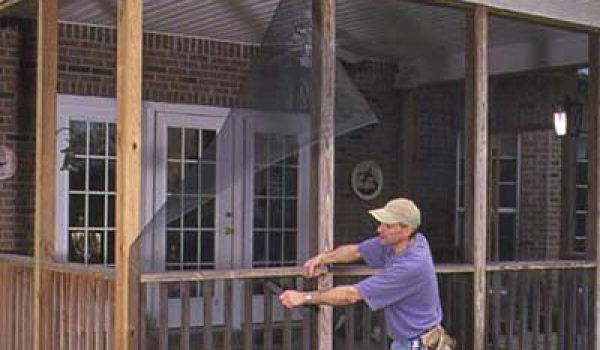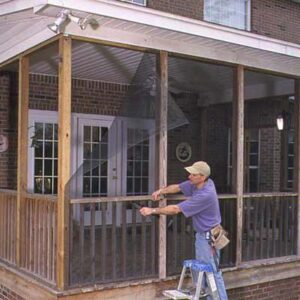If you’re looking for a cost-effective way to improve your home’s air quality and aesthetics, consider installing screens yourself. This guide is tailored for beginners, providing simple instructions and tips.
Why Install Screens?
- Airflow: Screens allow fresh air to circulate.
- Insect Protection: They keep pesky bugs out.
- Visibility: Enjoy the view without compromising on comfort.
Essential Tools and Materials
- Screen mesh (fiberglass or aluminum)
- Frame materials
- Screen spline
- Measuring tape
- Utility knife
- Corner brackets
- Screwdriver
- Hammer
Installation Steps
- Preparation: Gather all necessary tools and materials before starting. A clean workspace will make the process smoother.
- Measure the Opening: Accurate measurements are crucial. Note the width and height of the opening where the screen will be installed.
- Cut the Frame: Cut your frame materials to size using a saw. Ensure all pieces fit together snugly.
- Assemble the Frame: Use corner brackets to secure the frame. This will add stability.
- Attach the Screen Mesh: Lay the screen mesh over the frame and cut it to size, leaving extra material for securing.
- Secure the Mesh: Use a staple gun to attach the mesh, pulling it tight as you go.
- Install the Screen Spline: Press the screen spline into the frame to keep the mesh secure.
- Finishing Touches: Trim any excess screen material with a utility knife.
- Install the Frame: Position your new screen in the opening and secure it with screws.
Common Mistakes to Avoid
- Inaccurate Measurements: Double-check your measurements to avoid cutting mistakes.
- Overstretching the Screen: Ensure the screen is taut but not overstretched, which can cause tears.
Conclusion
With a little patience and attention to detail, DIY screen installation can be a rewarding project. Follow these steps, and you’ll have a functional and aesthetically pleasing screen in no time.
Suggested Image: A before-and-after photo of a window with and without a screen.








